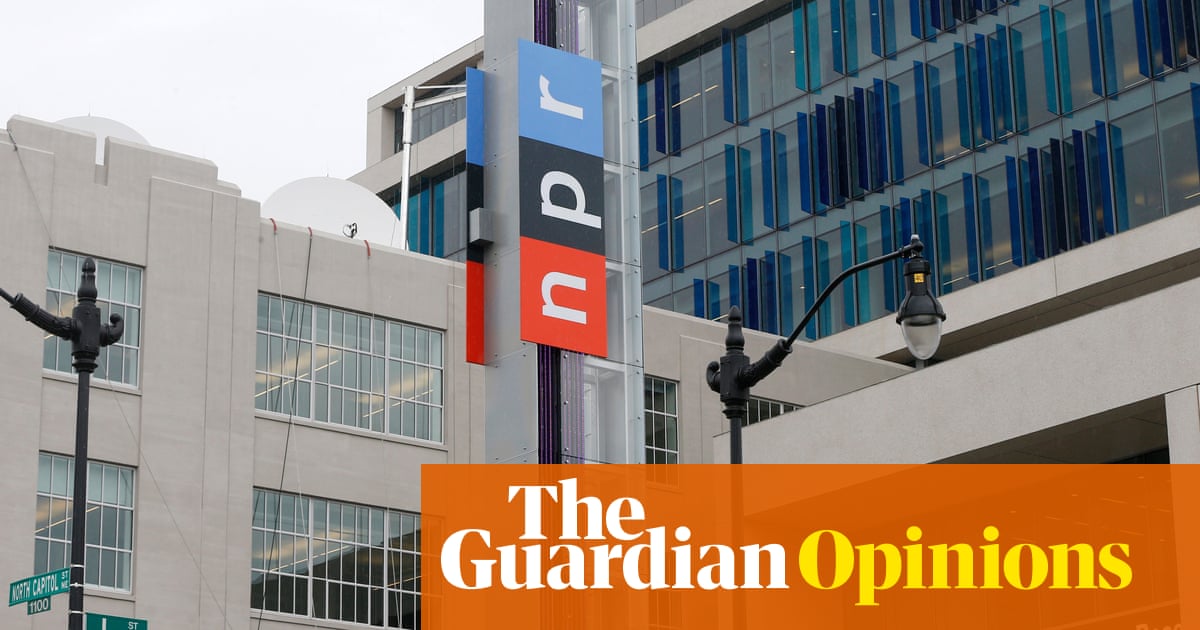Hello, and welcome to TechScape. This week, Google and Meta take legal beatings while Microsoft faces a “tipping point” over Gaza.
Google’s big defeat and uncertain future
Google suffered another defeat last week in its clash with the Department of Justice, which has now won two separate cases arguing the company’s rise to power was aided by illegal and anticompetitive practices. The legal battles have placed the tech giant at the center of the government’s most significant antitrust action in decades, and left one of the world’s most valuable companies facing an uncertain future.
A US federal judge in Virginia ruled on Thursday that Google had illegally built a monopoly over the online advertising industry, marking the company’s second major loss in an antitrust case in less than a year. Days after Google’s loss in the ad technology case, the company’s lawyers were back in court this week to deal with the fallout of its other antitrust defeat – this one addressing how Google maintained an illegal monopoly over the online search industry.
After losing the ad case, Google now faces not only a threat to its primary source of revenue but a growing chance that federal prosecutors may succeed in breaking up the company that has defined how we use the internet. It’s also part of a wider, years-long attempt to limit the power of big tech that has also targeted Apple, Amazon and Meta, forcing Silicon Valley’s most prominent companies into the courtroom.
The trial, which began last year, saw prosecutors argue that Google spent billions of dollars to acquire ad tech companies in order to create monopolies over how websites sell advertising space and advertisers buy it – allowing Google to take a cut of both transactions.
Outlining her decision against the tech behemoth, Judge Leonie Brinkema wrote: “This exclusionary conduct substantially harmed Google’s publisher customers, the competitive process, and, ultimately, consumers of information on the open web.”
Meanwhile, District of Columbia judge Amit Mehta began a three-week hearing on Monday to listen to arguments on whether Google should have parts of its search empire broken up. Mehta ruled last year that Google broke antitrust laws when it struck multibillion dollar deals with companies like Apple and Samsung to make it the default search browser on their devices. Government prosecutors in the case want Google to sell off its Chrome browser, the most popular in the world, which would be a huge blow to its dominance over online searches.
Google has opposed prosecutors’ demands to break up the company as rash and harmful. In the search case, it’s arguing that Mehta should choose a more lenient remedy like limiting the type of contracts it can sign with device makers. Google’s lawyers said they will appeal the decisions in both trials.
If Google is forced to divest Chrome, we may see a surprising winner surge: OpenAI, which is seeking to dethrone the tech giant as the portal through which everyone finds things on the web. OpenAI does not yet operate an ads business – it has reportedly tested out a social network – but anything that weakens the financial might of Google would be a boon to the maker of ChatGPT.
The big question is what will happen next. The unsatisfying answer is that it will take a while to find out. Antitrust cases are notoriously messy and prolonged, as was the case in an effort over two decades ago to break up Microsoft that wound through the courts for years and ultimately ended with the company intact. There is only so long that Google can delay or appeal, however, and the past week has shown that time is running out, and so far trials have not returned the results they were looking for.
Read more about Google’s defeat and the US judge’s ruling.

In spite of genuflecting to Donald Trump at the start of his term, Meta hasn’t been able to wriggle its way out of antitrust cases brought by the US government, either.
While the threat Google faces is more severe, Meta’s trial – which began last week – is highly consequential as the Federal Trade Commission wants the company to restructure or sell off parts of its business, including Instagram and WhatsApp.
The FTC is arguing that the tech conglomerate has created a monopoly on social networking by acquiring Instagram and Whatsapp. The definition of what market is being monopolized, which is key in antitrust regulation and litigation, is “personal social networking” from 2012-2020, online spaces where a user might share content with their family and friends.
With this narrow guiding idea, Elon Musk’s X, as well as YouTube and TikTok are excluded because users there post publicly by default. Meta’s meaningful competition? Snapchat and something called MeWe. It’s so retrograde as to be laughable – what is MeWe? – but it has unearthed emails that indicate Zuckerberg did worry about the exact legal jeopardy he faces now. In 2018, he thought of spinning Instagram off from Facebook to skirt antitrust scrutiny. He also admitted that he thought Instagram was simply better at making a camera than Facebook at the time he bought it.
Mark Zuckerberg has blatantly tried to make the trial disappear by sucking up to Trump, dining at Mar-a-Lago and visiting the White House to make the explicit request to just drop it. Trump has talked a big game about being tough on big tech. When Silicon Valley billionaires began cozying up to him at the start of his term, though, it seemed that rhetoric might evaporate. With Meta’s anti-monopoly trial, Zuckerberg may be feeling he didn’t get what he bargained for. Google, on the other hand, has long been a target of Trump’s ire, so perhaps Sundar Pichai has been expecting a fight.
Read more about the case that could break up Meta.
This week in Elon Musk
-
Doge unemployment ‘fraud’ discoveries are old finds from Biden era, experts say
-
Doge tried to embed staffers in criminal justice non-profit, says group
-
Doge cuts spark questions as employees supporting Musk space launches spared
-
Trump adviser Peter Navarro says ‘we’re great’ after Elon Musk calls him ‘moron’
Microsoft faces ‘a tipping point’ over Gaza

Microsoft is less of a political lightning rod in its home country than Meta and Google. Instead, its role in global politics, specifically in Gaza, is stoking the fires of employee discontent. Twice in the past month, Microsoft employees have disrupted executives speaking in commemoration of the company’s 50th anniversary.
Timothy Pratt reports:
Protesters picketing the events carry signs reading “Microsoft powers genocide” – a reference to Israel’s extensive use of the company’s AI and cloud computing services since 7 October 2023, as “the IDF’s insatiable demand for bombs was matched by its need for greater access to cloud computing services”, the Guardian reported.
The rally and disruption were the latest of a growing number of protests in which employees at Microsoft’s headquarters in Redmond, Washington state, have urged the company to cut ties with Israel, after discontent over the issue among some of them simmered for a year-plus on company message boards, in emails and on calls with what the company calls “workplace conflict” team members.
Taken together, the protests suggest that more will follow, as well as employees deciding to leave the company altogether, according to present and past employees who spoke to the Guardian. Microsoft did not reply to a request for comment.
Former Microsoft software engineer Hossam Nasr described the situation at the company as “very close to a tipping point”.

 3 hours ago
6
3 hours ago
6













































